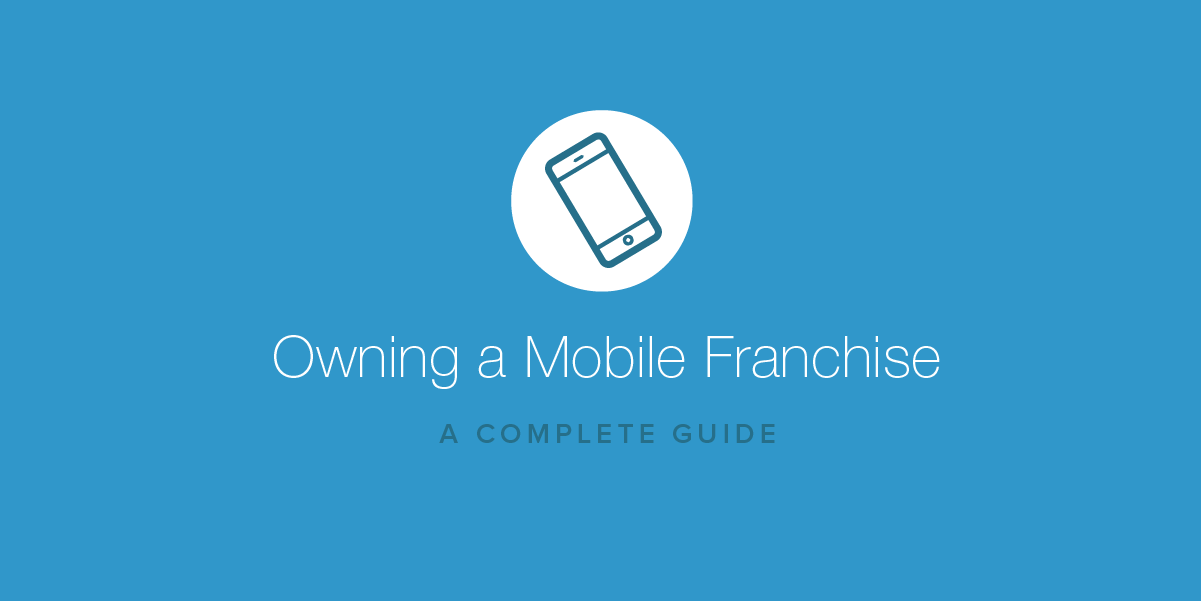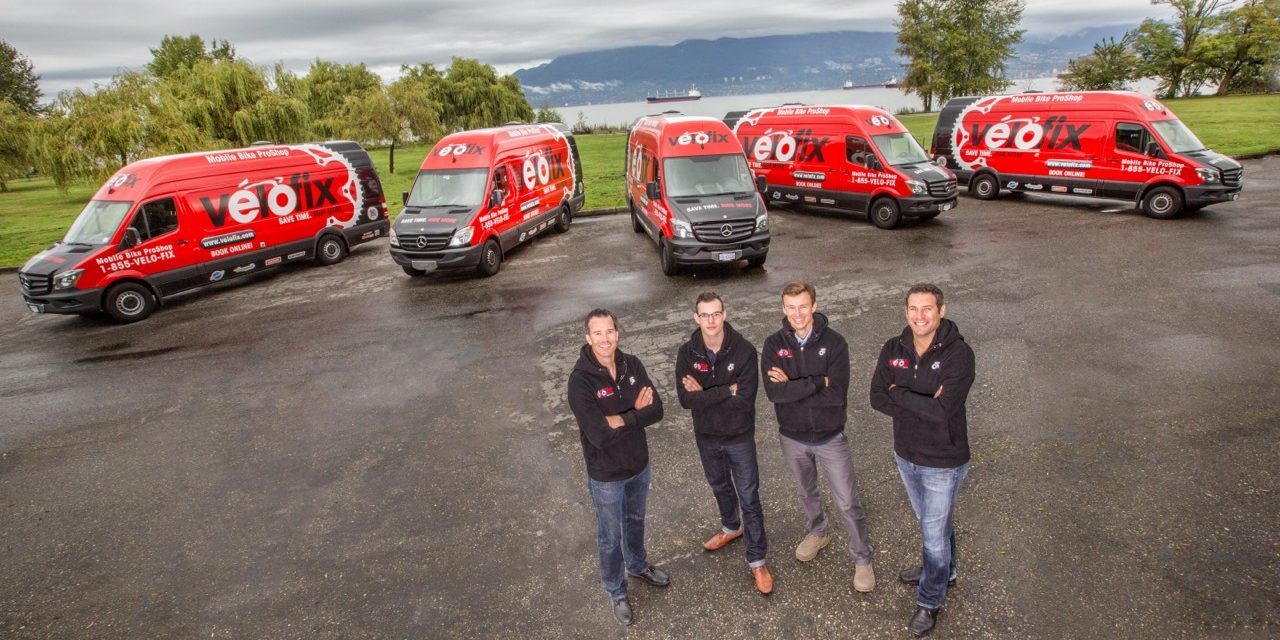A Complete Mobile Franchise Guide for Franchisors
- February 17, 2021
- By: Vonigo
There is an increasing level of interest in starting, owning, or buying a mobile franchise. We decided to prepare a definitive guide to mobile franchises — what they are, why they’re so popular, and how to achieve success growing a mobile franchise.
What is a Mobile Franchise?
A mobile franchise in one that’s on the move. The most common types of mobile franchises usually involve a company vehicle and some amount of remote fieldwork. This means the business is willing to go to various locations in order to provide service to its customers.
Mobile franchises can be categorized as either residential (home services businesses) or commercial, but it’s also common for some franchises to serve both of those customer types.
It’s becoming an industry-standard practice for mobile franchises to unite their workforce with a mobile franchise software solution. This way, they can leverage the use of their computers at headquarters and smartphones and tablets in the field to connect their entire team. This allows them to enjoy better connectivity, efficiency, and accurate tracking of job activity.

Types of Mobile Franchises
Mobile franchises come in many forms and there are new ideas springing up all the time. Industries like tire repair, vehicle detailing, pet care, and more are being disrupted and changed by mobile options.
Here is an incomplete list of mobile franchise options:
- Moving
- House cleaning
- Painting
- Pressure washing
- Electrical
- Plumbing
- HVAC
- Bike repair
- Garage door installation
- Window repair or window cleaning
- Automotive repair
- Landscaping
- Health care
- Tile and grout installation
- Handyman services
- Salon and esthetician services
- Dental care
- Sign printing
- Locksmiths
- Gutter maintenance and installation
- And many more, we assure you
Starting a Mobile Franchise
If you’re looking at using a franchise model to expand your existing business, consider whether a mobile option will work for you. There are a number of advantages to using the mobile franchise model for your expansion.
The biggest one is the fact that your franchisees might not require a dedicated commercial office space. Instead, they can operate their business from their home and deliver their services at their client’s locations.
Aside from that example, many of the same challenges of starting a franchise still apply. You have to prove your model in more than one market and create a system of operations that your franchisees will get value from and use to grow their business.
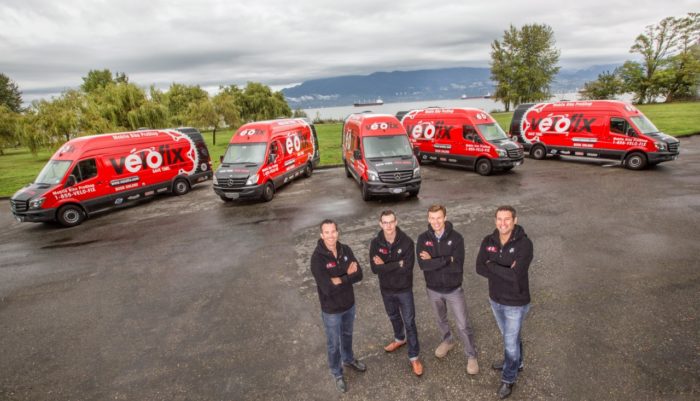
Costs of Starting a Mobile Franchise
Franchising, in any form, is a great way for companies to expand their brand and grow their company without bearing the cost of that expansion themselves. Instead, they pass along those expenses in exchange for the use of their brand and systems of operation.
The lower cost of starting a mobile franchise makes it very attractive to entrepreneurs. A franchise with requirements for a dedicated location and costly equipment will be much higher than one that operates primarily from a vehicle. Like any franchise model though, there are certain fixed and variable costs that the franchisor passes along to the franchisee. Here’s a list of some of those expenses:
The Total Investment Range
This is the big one. In the Franchise Disclosure Document (FDD), the franchisor discloses the minimum and maximum amount their franchisee should expect to spend to open their doors. This amount does not include working capital or operating expenses.
Liquid Capital Requirement
To ensure that the franchisee is set up for success, it’s common to ensure that they have a certain amount of liquidity (available cash) in order to operate and grow the business. This money doesn’t change hands, it’s merely a way for the franchisee to prove that they are able to bear the expense of growing the business.
Franchise Fee
This is the initial investment, due when the franchisees start, that goes directly to the franchisor. This goes towards the equipment (including the vehicles and any tools) and the operating expenses of starting the new location.
Royalty Fee
Not only do they pay the initial franchise fee, but individual owners will also pay a royalty fee back to the franchisor on all sales. Most of these fees range from 4% – 7%.
Franchise Term Agreement
This is the length of the agreement between the franchisor and franchisee.
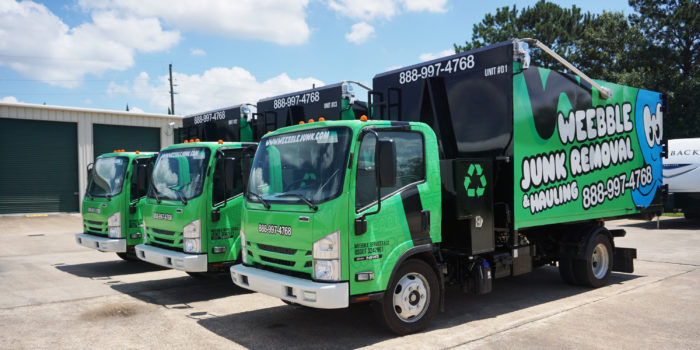
Mobile Franchise Disclosure Documents and Business Plans
To expand a mobile franchise, you must be able to show value to the individual owners that will invest in you. Your franchise disclosure documents deal with a lot of the legal and financial details, but you’ll need to offer more. The value of what they are buying is in your proven model of success as well as your brand recognition. To communicate these, you need a solid, repeatable business model that you can communicate in the form of a business plan.
Your business plan should include a detailed description of the business and its services, as well as any differentiating brand attributes that make your company unique. This also where you will share your systems for marketing and sales. Oftentimes, it’s these systems, scripts, guarantees and policies that are of the most value to your franchisee. To compete for those investments, a sound plan, a detailed strategy for success, as well as proof of success in multiple markets, can all make a big difference.
To help them visualize success and understand the path to get there, your business plans and operations manuals should also include financial projections, growth tactics, marketing materials, procedures, and any other details that will help your franchisee achieve their desired outcomes.
Advantages of Mobile Over Traditional Franchises
We have previously written about the advantages of a mobile franchising model so let’s just summarize here. The barrier to entry is lower for franchisees if they do not require commercial office space as part of their investment. The lower cost of starting a franchise means they can realize success sooner and for the franchisor, expansion becomes easier.
Using centralized support and booking services can be a major advantage as well. When those administrative tasks can be operated by the brand, they can offer a consistent level of service and allow their franchisees to focus on their appointments. This makes measurement and reporting easier for both parties as well.
For franchisees, there’s also the freedom to work from home and also enjoy life on the open road, meeting new customers every day and serving their communities. For some entrepreneurs, that level of freedom and control is like a siren’s song. It’s no wonder then that the industry is seeing massive growth as more and more entrepreneurs take the step of investing in their own home-based, mobile business. A mobile franchising model puts that kind of autonomy in reach for them.
The Disadvantages of Mobile Franchising
As with any business growth opportunity, there are concerns and pitfalls to watch for. One of the biggest challenges that expanding franchises face is finding the right kind of franchisees — the kind of people who are determined to achieve success and follow the plan.
Mobile franchises can have a lower barrier to entry in terms of a financial commitment than self-starting or traditional franchise models, but franchisors still need to remain vigilant about selling to the kinds of franchisees that are motivated to succeed. After all, you are trusting these people with your brand. As a franchisor, your brand is one of your most valuable assets and you should strive to protect it.
During the sales process, in addition to verifying the financials, assess whether the potential franchisee is a cultural fit as well.
Tips for Operating a Mobile Franchise
As indicated above, there are several advantages to a mobile franchise model. The best way to leverage those advantages is by connecting the entire organization with a business management tool that has mobile capabilities.
For example, being able to communicate with workers in the field throughout the day and giving them the ability to update the status of a job from their own phones.
Centralized booking means that all franchisees have a single website or phone number to promote. This can relieve the burden of bookings and administration for the individual locations. They still participate in promotion and marketing, but the calls are routed through headquarters and assigned based on area. Franchisees promote the brand in their own area and any jobs booked in that area will go to them.
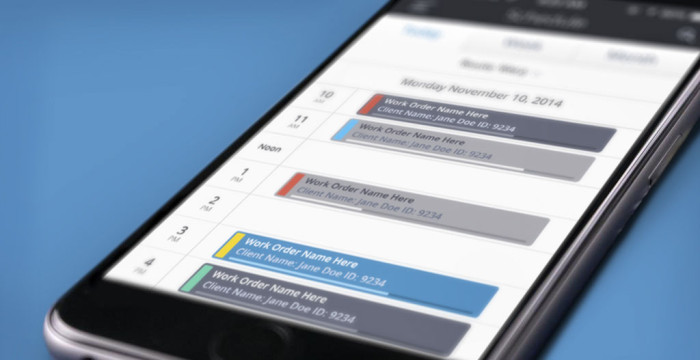
Software for Mobile Franchises
The needs of mobile franchises are very specific. You need to be able to control availability by area. Our tool allows companies to manage their availability and scheduling using ZIP codes. You also need to be able to schedule your days (your routes, if you like) for maximum efficiency and you might also have to offer quotes online. When a call is booked, it’s helpful to have reminders and additional messaging to protect everyone’s time and eliminate no-shows.
Vonigo’s mobile franchise management software was designed to meet the needs of mobile franchises. At the franchisor level, we offer management and reporting tools that make it possible to standardize the franchise partner experience and monitor the performance of each location. At the franchisee level, we help equip your franchisees with everything they need to successfully operate and grow their business. Better still, adding new locations as you expand is a breeze. Our tools and support can scale with your company as your needs evolve and your franchise brand expands.
To learn more about Vonigo’s mobile franchise management software, read these five mini case studies or book a free, private demo of Vonigo and we will show what’s possible.
